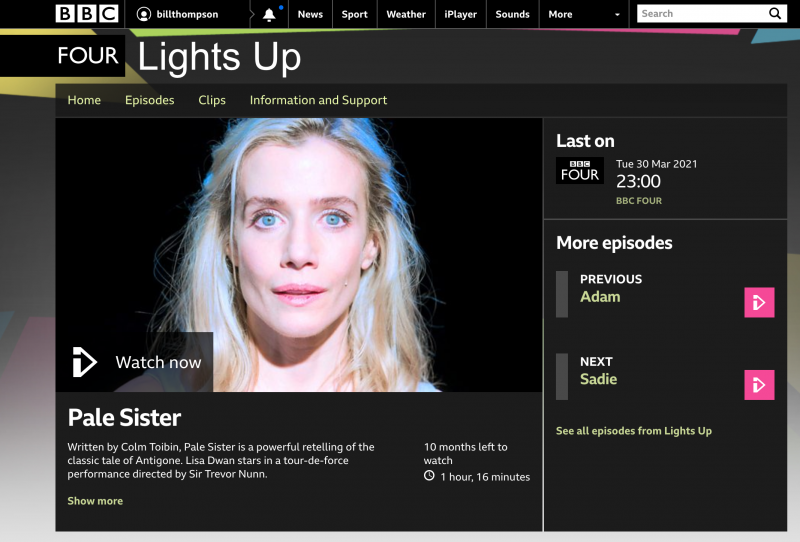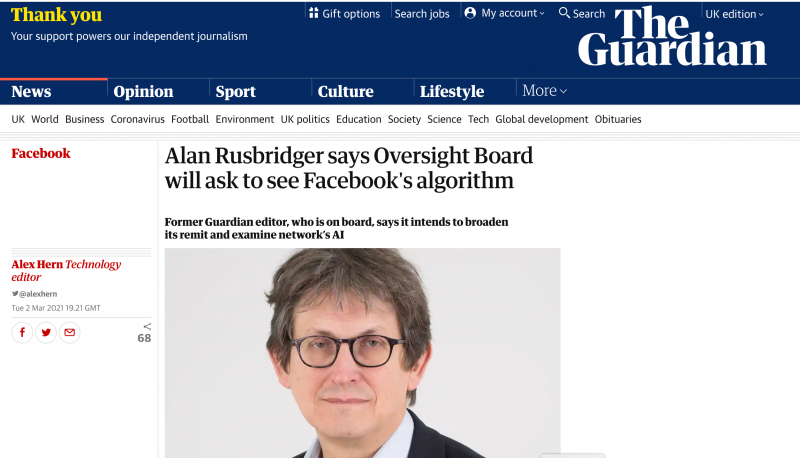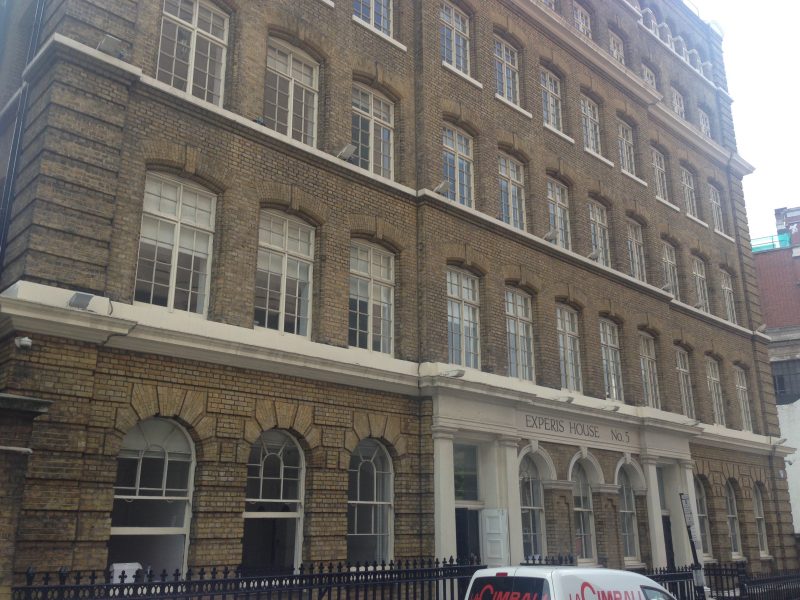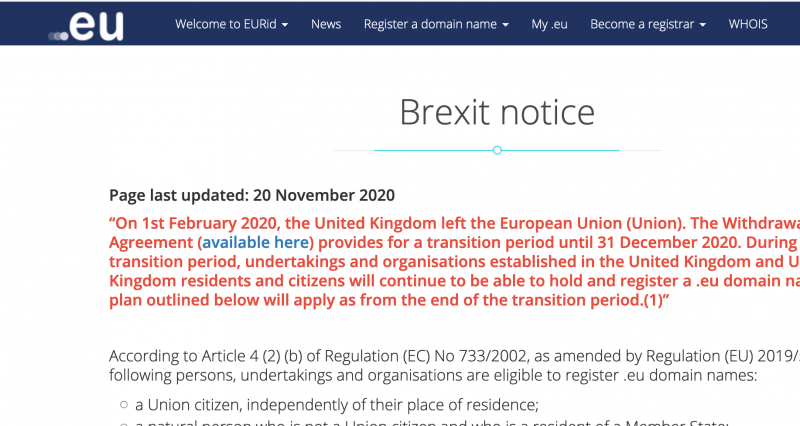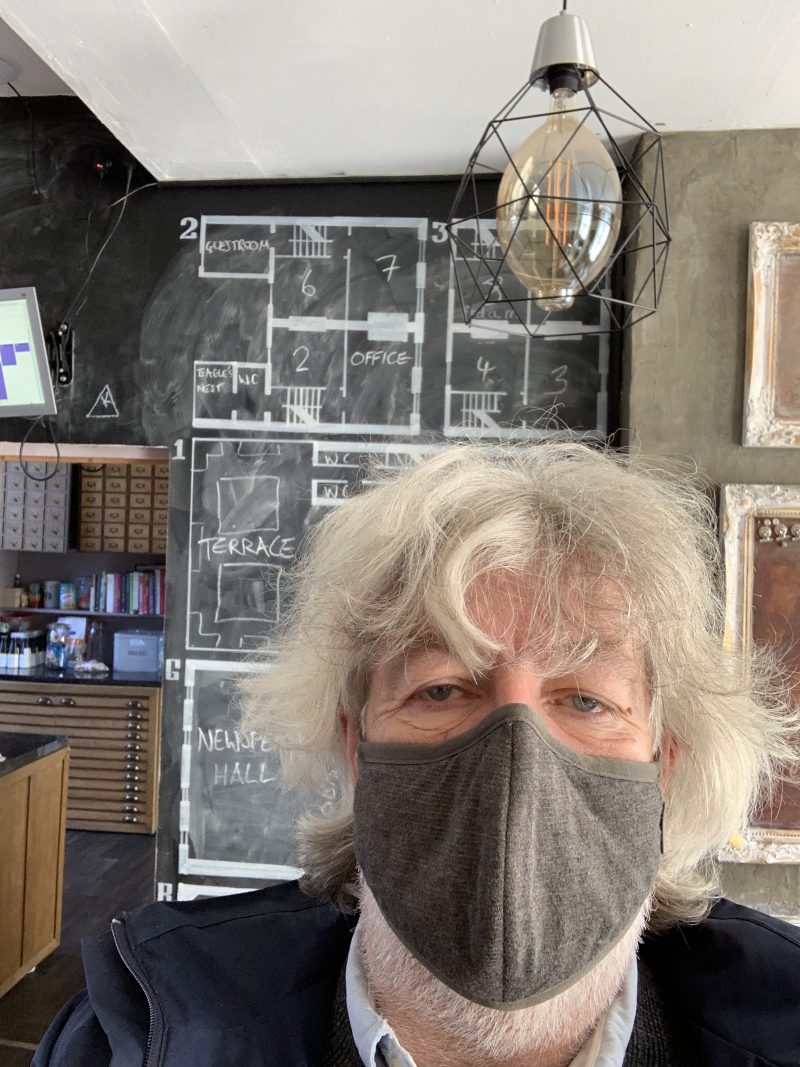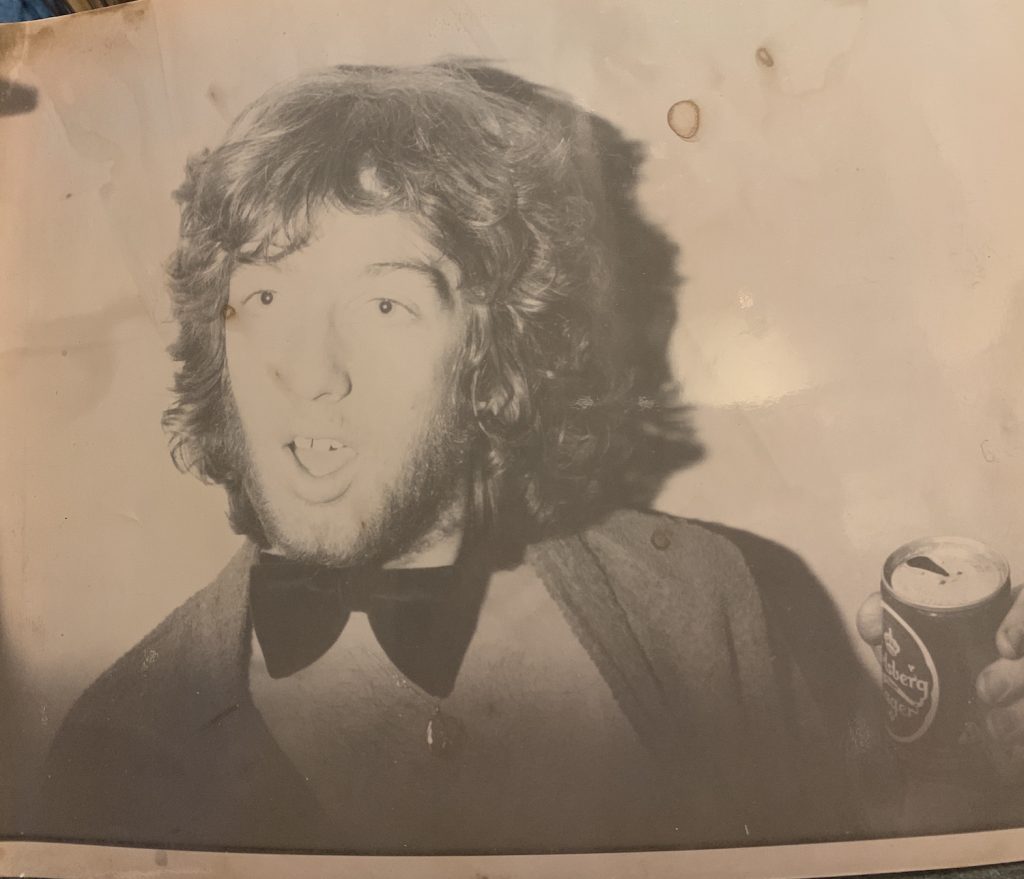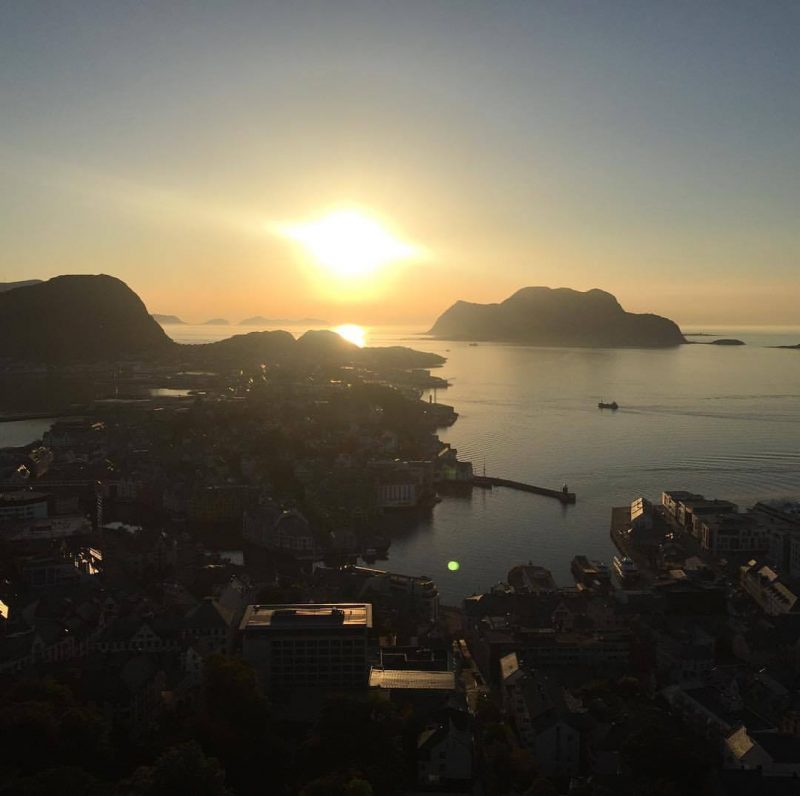A random post on LinkedIn that tagged me has reminded me that twenty-five years ago today, on February 27 1996, I launched one of the more significant websites of my career – the online presence of the car sales magazine Top Marques.
The post was from Lee Williams who worked with me on the site, and brought a whole raft of memories flooding back of good times in The Guardian’s Ray Street office in Clerkenwell, across the road from the main building on Farringdon Road.
I don’t know much about cars, and I don’t really care much about cars, but at the time I was the (founding) head of the paper’s New Media Lab, where we were experimenting with new formats for online publishing, and I was interested in two things: the future of online advertising, and ways of publishing lots of structured data online.
The Guardian was part of the Guardian Media Group, and at the time GMG also owned half of Auto Trader, the massively popular car listing magazine launched by John Madjeski in 1977 as “Thames Valley Trader”. Auto Trader published a niche magazine for classic and more expensive cars, called Top Marques.
The team at the New Media Lab talked to the Auto Trader digital team regularly about strategy and opportunities, and Lee and I came up with a plan to put Top Marques online to see how it might work. It was a fortnightly publication (I think) and had far fewer listings than the main magazine, so it seemed manageable.
The rest is 25 year recall, so please let me know if you know better…
We had the online infrastructure at The Guardian- a working web server and an internet connection, so we agreed to host and manage the web side. The Top Marques team would generate the appropriate data from their newly installed digital publishing system and send us the files so that we could publish online on the day the printed magazine came out.
I’d worked with a range of database management systems including Oracle, Sybase, Ingres and Informix, and had even worked for a software house in Cambridge that had written its own in-house system, SPIRES (the company was Bensasson and Chalmers but the only reference I can find to is in an column I wrote for BBC News in 2009: http://news.bbc.co.uk/2/hi/technology/8211355.stm ).
At the time MySQL was about a year old and not very stable. The others would require licenses and we had no real budget, so we decided to do the whole thing as a flat-file structure and not use a database management system, since the number of records was small and we didn’t need to do updates or inserts or anything other than filter and display some static data.
The idea was that the Top Marques team would export all of the car listings as a delimited text file, which we would read into a collection of records, one per file, in a directory on our server. They would also send us all of the images that they had, each named the same as the relevant text file.
The website had a very simple tables-based layout – TABLE had been introduced late in 1994 and was considered stable enough – which showed the basic information about Top Marques and then listed all the relevant adverts in some order. The HTML for these was generated on the fly by (I presume) a PHP script but it could have been something more complicated like a C programme.
There was a search feature – or rather a filter -that let you select type of car and, I recall, search the advert text.
Each fortnight we’d get the files, unpack them into the right directory, and point the home page at it on publication day. Sometimes it took some wrangling because of oddities in file formats, but it worked reliably enough and became part of the routine on the 4th floor at Ray Street. And it worked.. as Lee wrote ‘within weeks we had dealers contacting us about buyers coming in with mysterious printouts’.
The site taught us a lot, and later that year we launched a proper database-driven ad site for The Guardian, RecruitNet. RecruitNet only lasted a year or two after I left, but I do think that if they had invested seriously in their own online ads service then Google and the other platforms would not have developed in the same way.
So, Lee, thanks for the memories and the fun times. I’ll see what I can remember about EuroSoccer.com in time for its anniversary…
And if you’re interested in cars, you can find Lee here https://www.linkedin.com/in/mrleewilliams/
A history of The Guardian
https://www.theguardian.com/gnm-archive/2002/jun/11/1
Auto Trader history https://plc.autotrader.co.uk/who-we-are/our-history/


